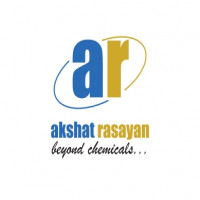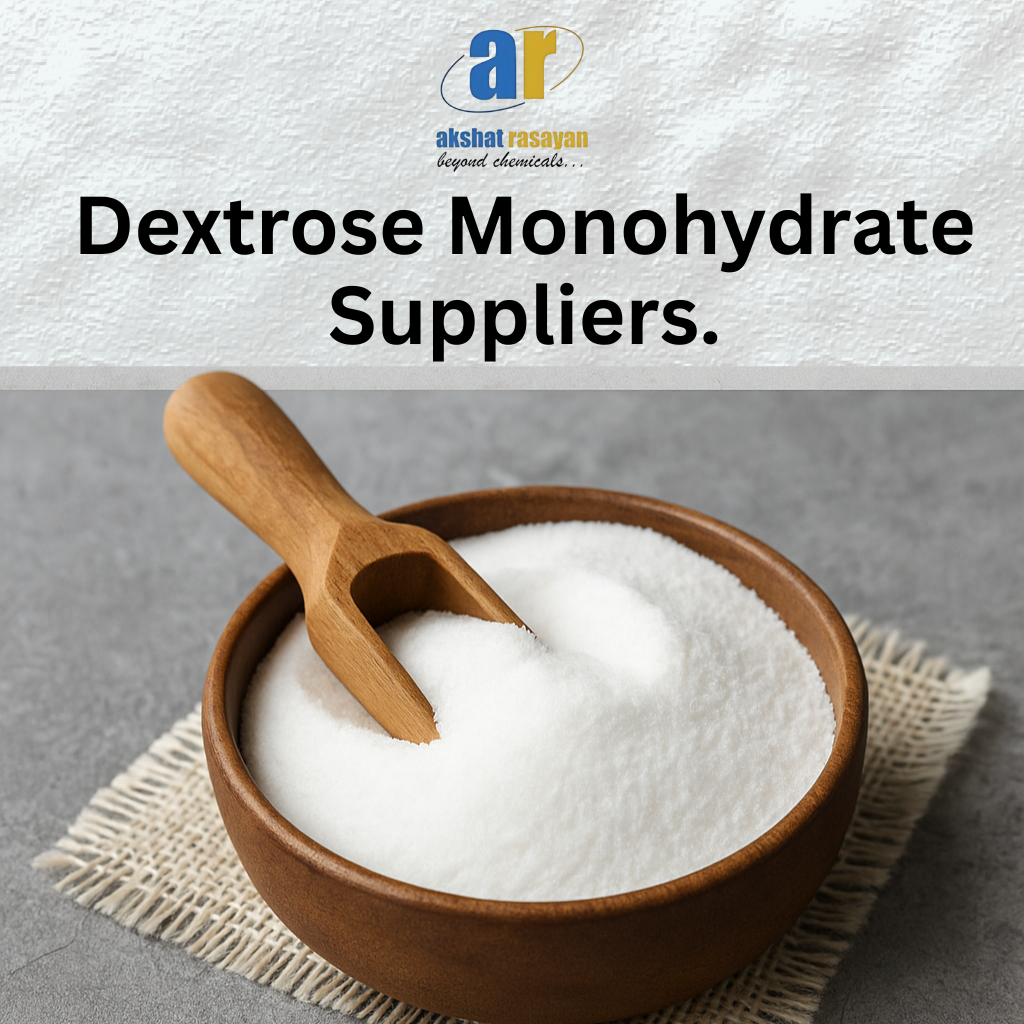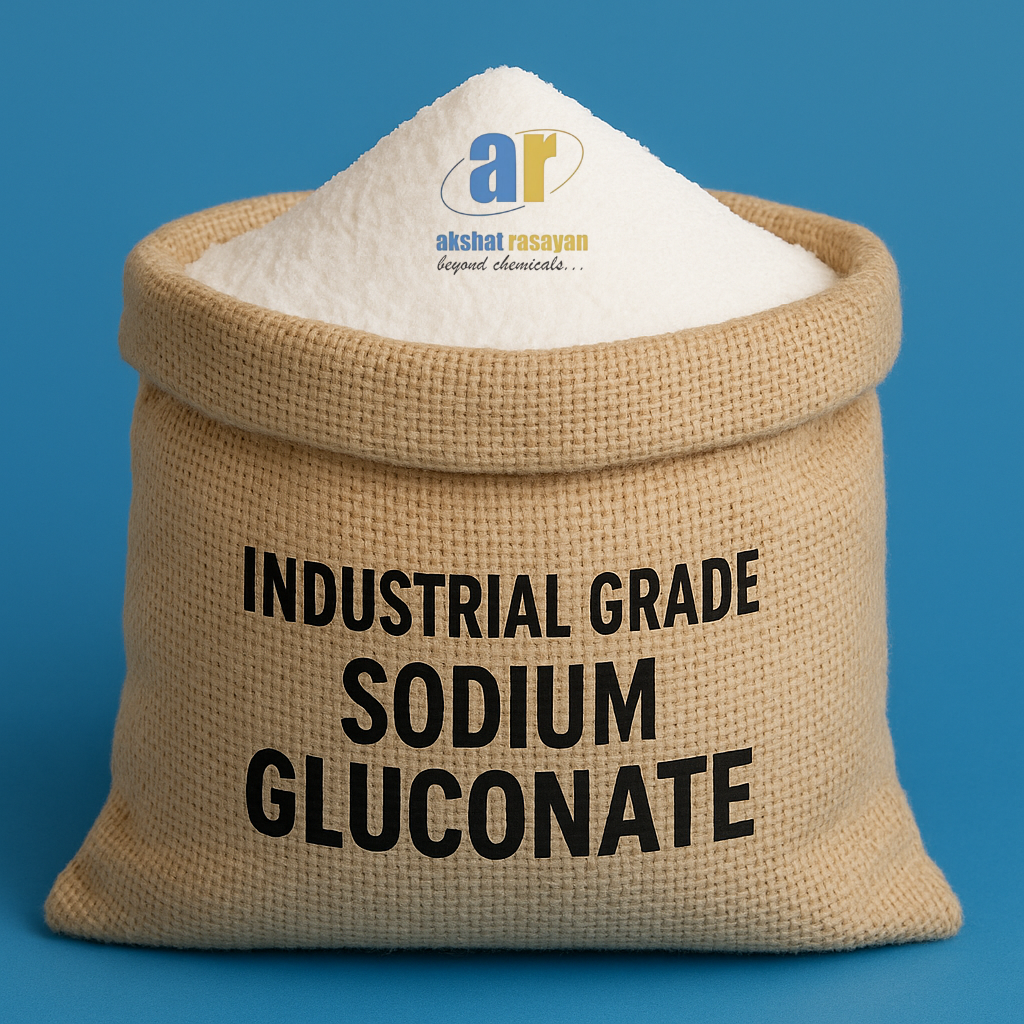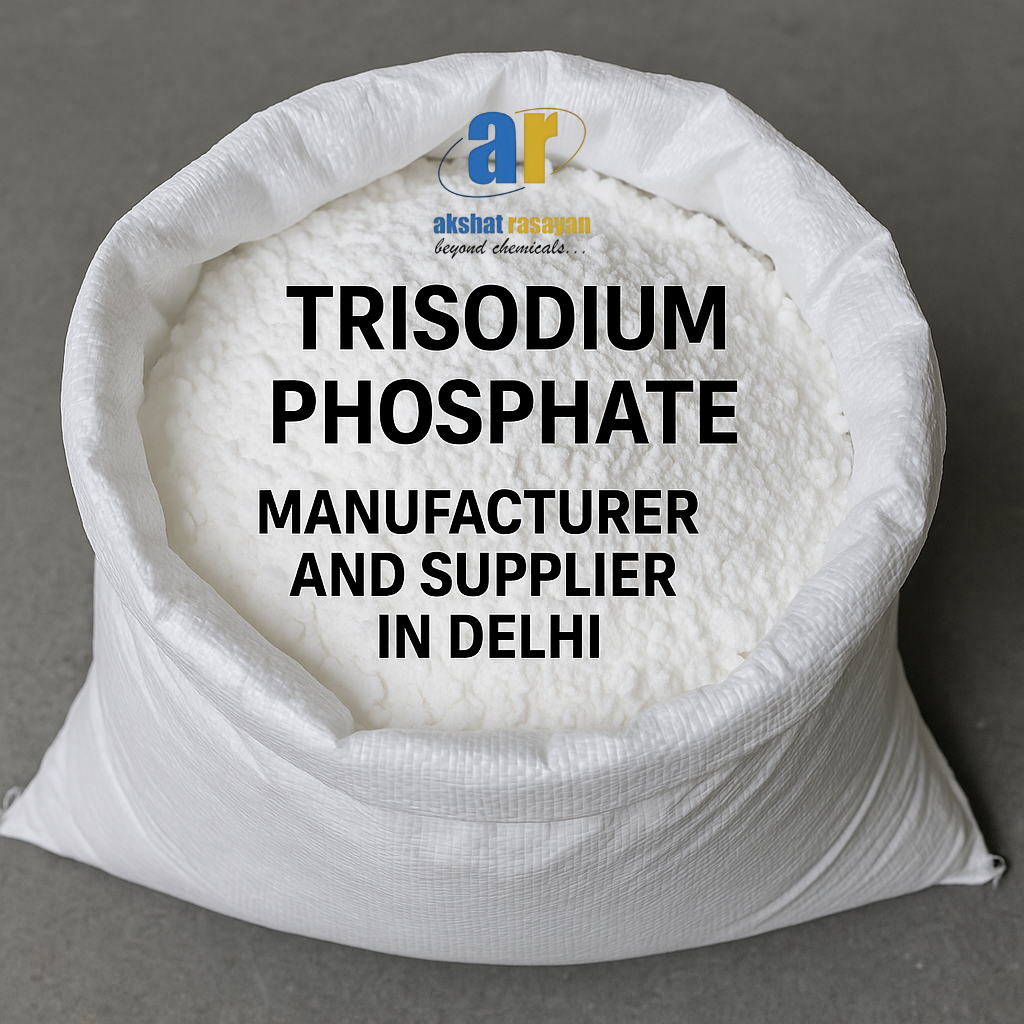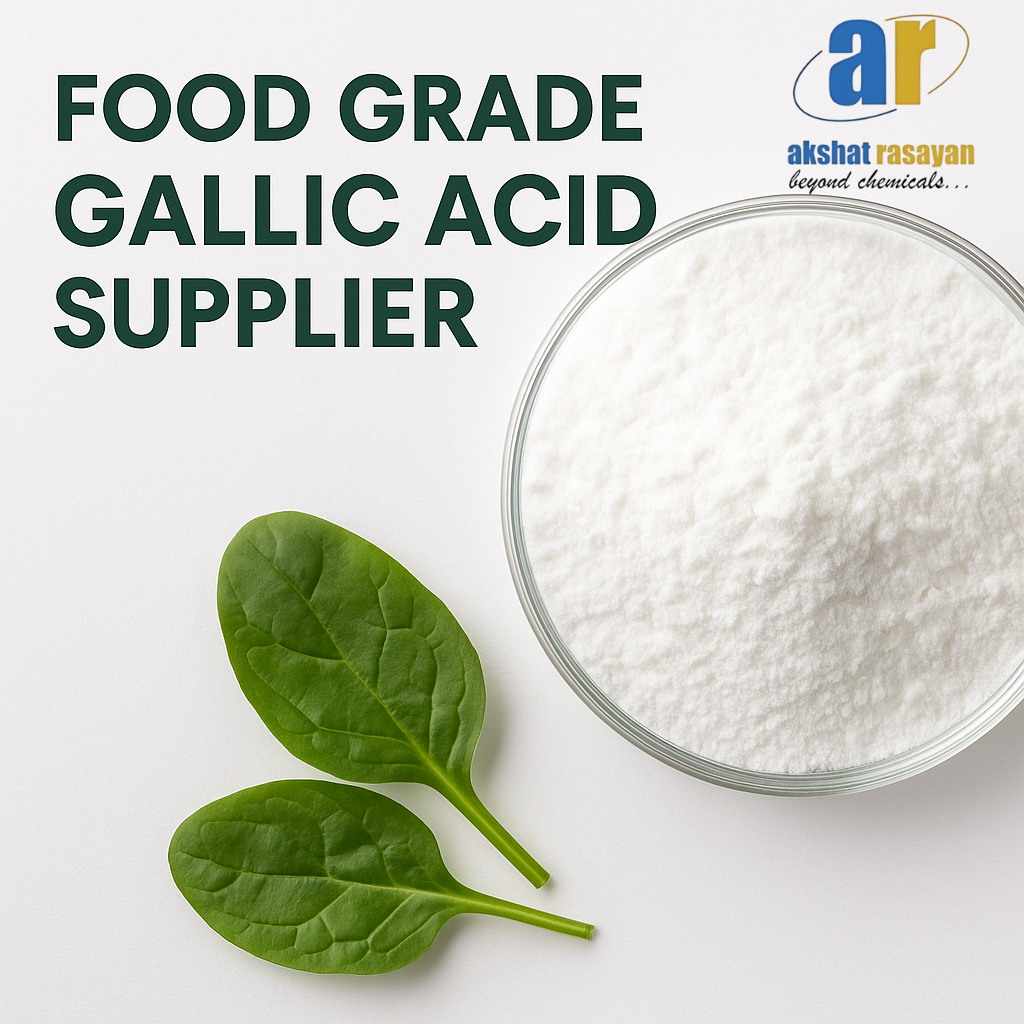Sodium Gluconate: A Versatile and Eco-Friendly Compound
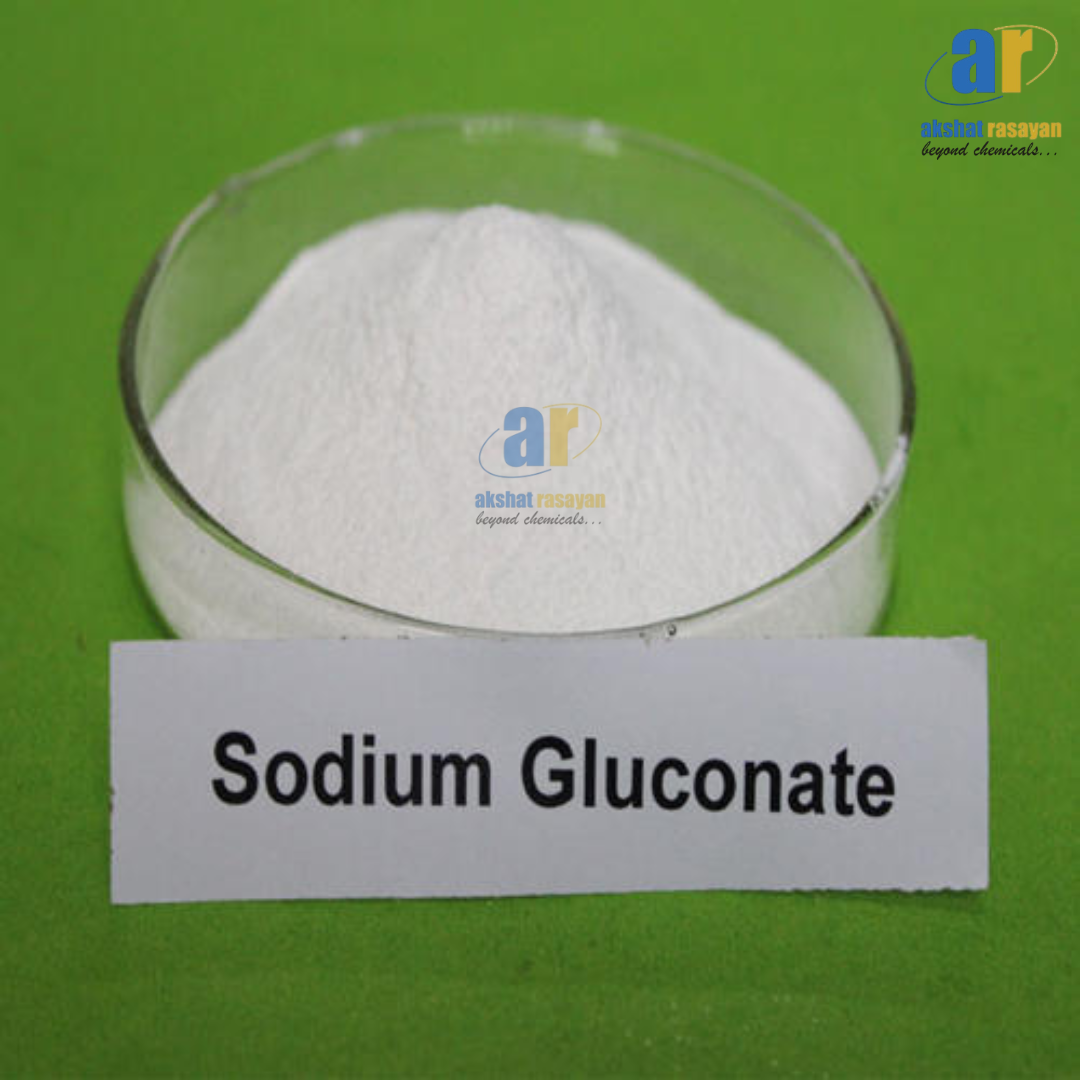
Strong 8k brings an ultra-HD IPTV experience to your living room and your pocket.
Sodium gluconate is the sodium salt of gluconic acid, known for its excellent chelating, stabilizing, and cleaning properties. It is widely used across various industries, including construction, food, pharmaceuticals, personal care, and cleaning. Its ability to bind metal ions, regulate pH, and enhance product performance makes it a valuable ingredient in industrial and consumer products. Sodium gluconate is also biodegradable and non-toxic, making it a safe and environmentally friendly choice.
What is Sodium Gluconate?
Sodium gluconate, with the chemical formula C₆H₁₁NaO₇, is produced through the fermentation of glucose using microorganisms such as Aspergillus niger or Pseudomonas species. During fermentation, gluconic acid is produced and then neutralized with sodium hydroxide to form sodium gluconate. It appears as a white crystalline powder that is highly soluble in water and has a mild salty taste. Its strong chelating ability allows it to bind with metal ions, preventing undesirable chemical reactions and improving the stability and performance of products.
Properties of Sodium Gluconate
Sodium gluconate is characterized by several key properties that make it highly effective in different applications. It is highly soluble in water and has a slightly alkaline pH when dissolved. Its chelating ability makes it useful for binding with metal ions such as calcium, magnesium, and iron, preventing them from interfering with the effectiveness of various products. It is also biodegradable, breaking down naturally in the environment without causing harm.
Applications of Sodium Gluconate
Construction Industry
Sodium gluconate is widely used in the construction sector due to its ability to improve the quality and durability of concrete. One of its main functions is as a set retarder, which delays the setting time of concrete. This allows more time for handling and finishing, especially in large construction projects. It also acts as a plasticizer, improving the flow and workability of concrete by reducing water content without compromising strength. In addition, sodium gluconate serves as a corrosion inhibitor, protecting steel reinforcement within concrete structures from rust and extending the lifespan of buildings and infrastructure.
Food and Beverage Industry
In the food industry, sodium gluconate is used as a sequestrant and preservative. Its ability to bind with metal ions prevents discoloration and spoilage caused by oxidation. It is also used as an acidity regulator, helping maintain the correct pH balance in processed foods and beverages. As a preservative, it inhibits the growth of harmful bacteria, extending the shelf life of food products. Sodium gluconate is commonly found in canned vegetables, dairy products, and processed meats, where it enhances texture and stability.
Pharmaceutical Industry
Sodium gluconate plays an important role in pharmaceutical formulations due to its stabilizing and chelating properties. It is used in intravenous (IV) solutions to maintain proper electrolyte balance in the body. Its ability to bind with heavy metals makes it useful in medical treatments for heavy metal poisoning, as it helps remove excess metal ions from the body. Sodium gluconate also acts as a stabilizer, ensuring the consistency and effectiveness of medicines over time.
Personal Care and Cosmetics
The mild nature of sodium gluconate makes it suitable for use in personal care and cosmetic products. It is used as a pH adjuster in shampoos, conditioners, and skincare products to maintain the right balance for optimal performance. Its chelating ability enhances the effectiveness of cleansing agents by neutralizing metal ions present in water. Sodium gluconate also functions as a moisturizer, improving the texture and feel of lotions, creams, and serums. Its non-irritating and biodegradable nature makes it a preferred ingredient in eco-friendly personal care products.
Cleaning and Detergent Industry
Sodium gluconate is highly effective in cleaning applications due to its ability to dissolve hard water deposits and bind with metal ions. It acts as a water softener by preventing the formation of limescale and soap scum in hard water. This improves the efficiency of detergents and cleaning products. Sodium gluconate is also used as a rust remover, effectively cleaning metal surfaces by breaking down rust and mineral buildup. Its biodegradable and non-toxic nature makes it suitable for use in environmentally friendly cleaning products.
Benefits of Sodium Gluconate
Sodium gluconate offers several advantages across industries. Its non-toxic and biodegradable nature ensures that it is safe for human use and environmentally friendly. Its strong chelating ability enhances the performance of products by preventing interference from metal ions. As a set retarder and plasticizer, it improves the strength and durability of concrete in construction. In food and pharmaceutical products, it enhances stability and shelf life. Sodium gluconate’s versatility makes it an essential ingredient in both industrial and consumer applications.
Potential Side Effects and Precautions
While sodium gluconate is generally considered safe, it should be handled with care in concentrated forms. Direct contact with the skin or eyes may cause mild irritation, and ingestion of large amounts may lead to stomach discomfort. High concentrations can alter the pH of certain formulations, requiring careful balancing during production. Proper handling and usage guidelines should be followed to avoid any adverse effects.
Conclusion
Sodium gluconate is a versatile and eco-friendly compound with a wide range of applications in construction, food, pharmaceuticals, personal care, and cleaning industries. Its chelating ability, non-toxic nature, and biodegradability make it a valuable ingredient for improving product performance and stability. Its role in enhancing the strength of concrete, preserving food, stabilizing medicines, and improving cleaning efficiency highlights its importance across multiple sectors. With proper handling and balanced use, sodium gluconate provides significant benefits while ensuring safety and environmental responsibility.
Note: IndiBlogHub features both user-submitted and editorial content. We do not verify third-party contributions. Read our Disclaimer and Privacy Policyfor details.

